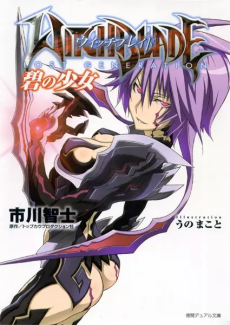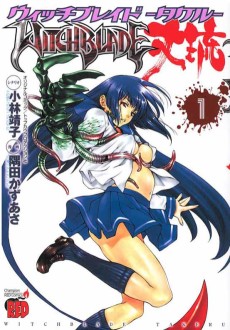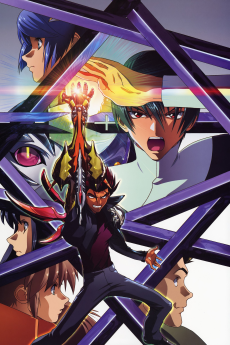WITCHBLADE
STATUS
COMPLETE
EPISODES
24
RELEASE
September 21, 2006
LENGTH
24 min
DESCRIPTION
Masane Amaha and her daughter Rihoko are on the run from a government child welfare agency that wants to take Rihoko away from her mother. They are caught and Rihoko is taken away. Meanwhile, Masane is attacked by an advanced weapon that can disguise itself as a human being. When faced with the danger, a strange light emits from her wrist and she transforms into a powerful being. She destroys the weapon and consequently becomes involved in a power struggle between powerful organizations, with her at the center of their attention. Because she holds the greatest power of them all, the legendary Witchblade.
(Source: AniDB)
CAST
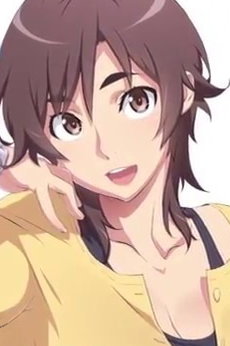
Masane Amaha
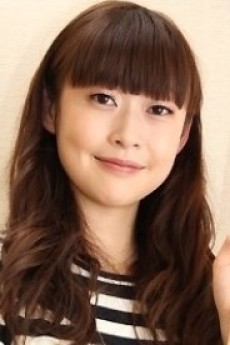
Mamiko Noto
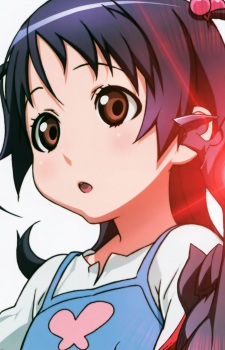
Rihoko Amaha

Akemi Kanda
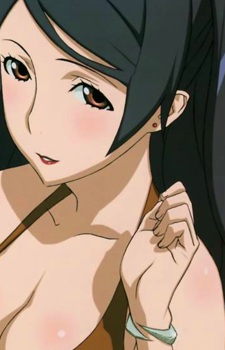
Reina Soho
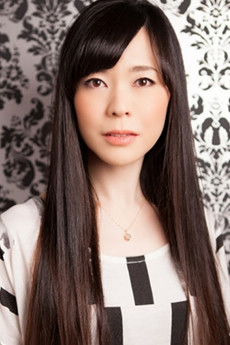
Mie Sonozaki
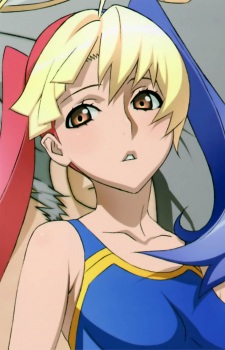
Maria
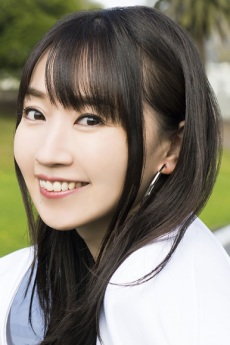
Nana Mizuki

Shiori Tsuzuki

Shizuka Itou

Asagi

Akeno Watanabe
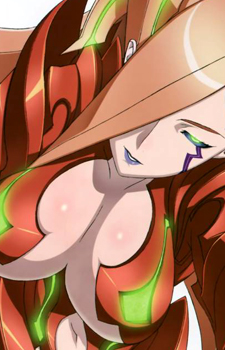
Nora
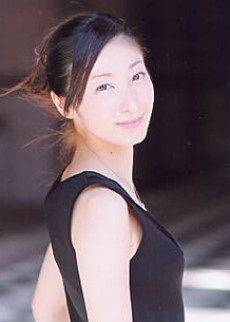
Saori Yumiba
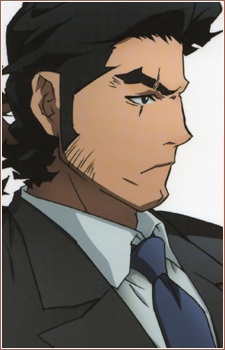
Reiji Takayama
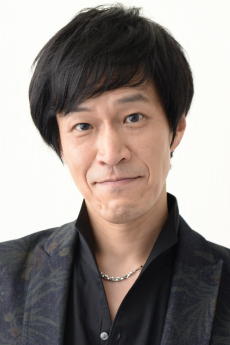
Rikiya Koyama
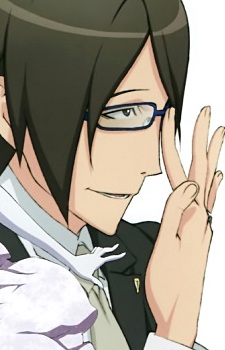
Hiroki Segawa
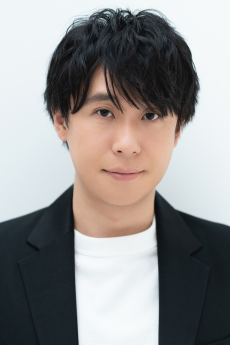
Kenichi Suzumura

Yuusuke Tozawa
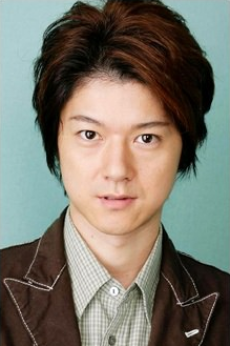
Masaya Matsukaze
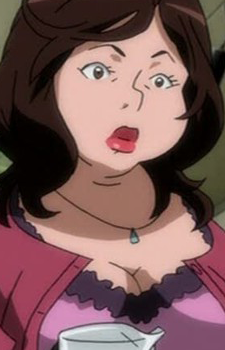
Mariko Natsuki
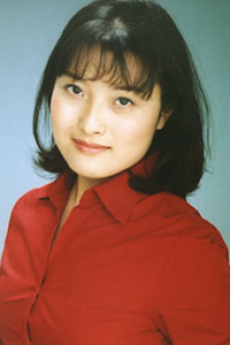
Maiko Itou
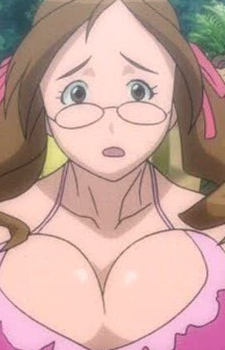
Nanako

Fumie Mizusawa
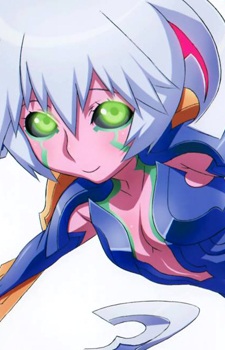
Aoi

Ryouko Ono
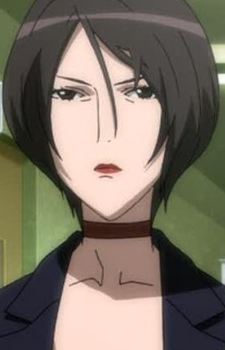
Rie Nishida

Sakiko Tamagawa
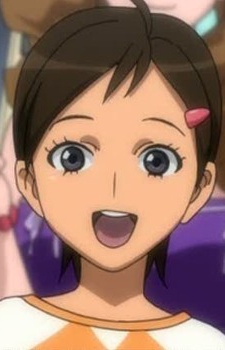
Yuuki Sasaki
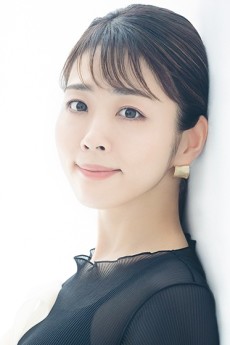
Misato Fukuen
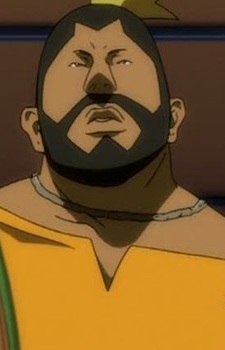
Michael

Daisuke Kirii
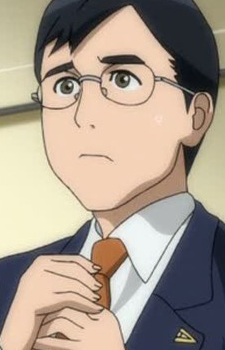
Yagi
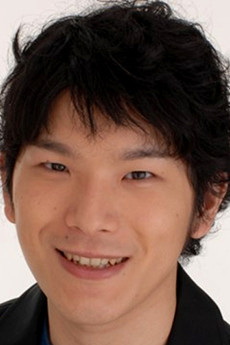
Ayumu Hasegawa
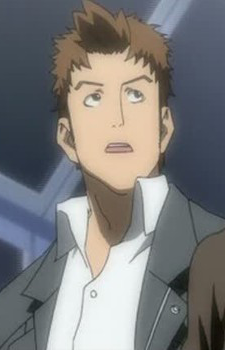
Masahiko Oota

Daisuke Kirii
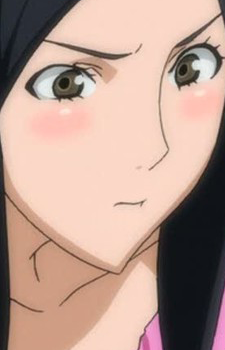
Satomi

Kotomi Yamakawa
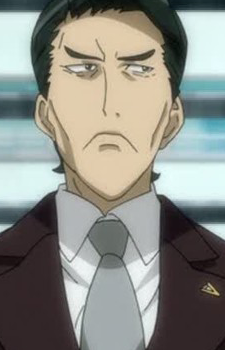
Masaya Wadou

Kazuhiro Nakata
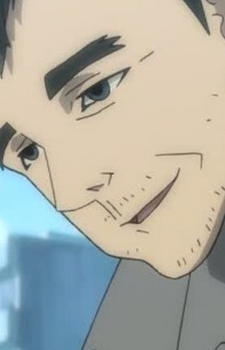
Takeshi Muraki

Masashi Hirose
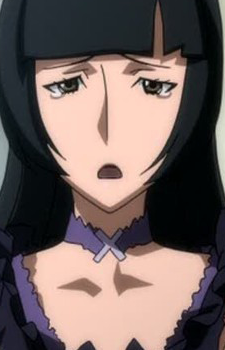
Naomi

Mika Itou
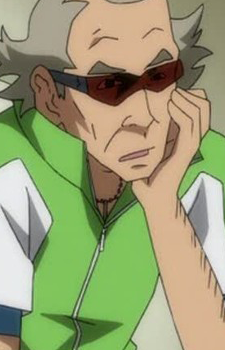
Cho

Shouto Kashii
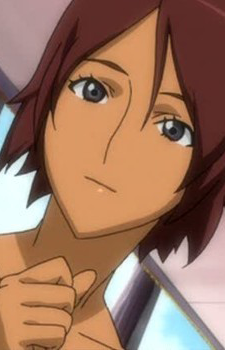
Miki

Eri Nakao
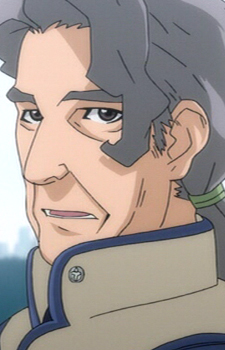
Tatsuoki Furumizu

Shinji Ogawa
EPISODES
Dubbed
RELATED TO WITCHBLADE
REVIEWS

planetJane
78/100A woman is a sword. Cut until you can't.Continue on AniListAll of my reviews contain __spoilers __for the reviewed material. This is your only warning. (this review also contains a spoiler for the finale of *Kill la Kill*)
The Witchblade IP is an odd one. Starting as a western comic book, it’s since had branches of roughly equal billing originate from both America (said comic series, a live-action show on TNT in the early 2000s) and Japan (a manga and an unrelated anime, which as you might guess, is the subject of this review). This puts it in rare company, including franchises which are way above its own notoriety, like Transformers and Lilo & Stitch. Depending on what circles you run in, different Witchblade properties are more or less well-known.

The 2006 anime adaptation is among the more well-known--though we’re still talking niches within niches here--and has had something of a curious history all its own. If you’re familiar with the Witchblade anime, and you live in the States, it’s probably via the Independent Film Channel’s short lived anime block, where it ran alongside the cerebral morality plays of Hell Girl and the downright unsummarizable Speed Grapher. That’s a pretty small audience, but it’s not nobody, and consequently Witchblade has a small but certainly present cult following.
So the ultimate question then is whether or not said following is warranted. Of course I’m of the opinion that the “file it into a box labeled ‘good’ or ‘bad’” school of criticism is incomplete in the first place, but it’s what people want to know much of the time, so sure, let’s start there. The term I think best describes Witchblade’s overall quality is “surprisingly good”.
Witchblade is notionally a part of the so-called “battle vixens” genre, a now mostly-dead movement originating with the anime of the same name that revolved mostly around girl-on-girl fight sequences and a heavy side of cheesecake-style fanservice. Witchblade indulges in catfights about half as often as many of its genrefellows seem to, but the fanservice aspect is certainly here. If you’re not onboard for some unapologetically horny character designs, you might want to turn back now.

(Roughly this horny)
Witchblade’s core characters are Masane and Rihoko. The former, a displaced, happy-go-lucky amnesiac mother who is the lone survivor of a devastating natural disaster that leveled much of Tokyo six years prior. The latter, her daughter, an infant at the date of the disaster, now a punky six-year-old who is in many ways more responsible than her mother. Masane is also the wielder of the titular Witchblade--though she doesn’t actually know what the mysterious chrome bracelet around her wrist is at series’ start--and it is from this object that the entire show’s conflicts spring from.

(The Witchblade)
Masane finds herself evading the NSWF, a suped-up Child Protection Services corps established after the disaster, who want to take her daughter, who, as the two live a vagabond lifestyle, she can’t properly take care of. This changes when she’s essentially forced into working for The Douji Group, an advanced weaponry company, and the director of its “Special Division”, one Mr. Reiji Takayama. Under their employment, she uses the Witchblade--which she can use to transform into a super-powered, scantily-clad “wielder” form--to fight X-CONs and later I-Weapons, sapient combat robots made out of the bodies of dead people.
Does that sound like a lot? We’ve not even gotten to perpetually-on-the-hunt-for-the-next-scoop news photographer Tozawa. The clutch of colorful characters who reside in the mixed-residence home that Tozawa lives in, including (in no particular order) his bossy landlady, a pervy old man who turns out to actually be a genuinely sweet guy and also a computer hacker, a shy fortune-teller, and a guy named Michael, who doesn’t do much. On top of that, there’s the sinister Father, the series’ main antagonist for its first half and the head of the NSWF. Takayama’s morally ambiguous secretary Segawa, and his slimy rival (even by “executive of a weapons company” standards), Wadou.
There’s a lot that happens in Witchblade. The series’ first half is mostly on the ‘fun’ side of this sort of affair. Though in the case of a seinen series that still means random women getting picked off by killer robots before Masane can swoop in to stop them from doing more of that. There’s also the appearance of the Cloneblade Wielders, who serve as higher-level foes to Masane.

(Would we all be so lucky)
Despite ongoing hints of a darker long-term plot, the focus in the front half of Witchblade really is mainly on the fights--which often highlight Masane’s, we’ll say, “outfit”--and cute mother/daughter bonding moments, though thankfully the show has the base amount of good taste required to keep those two things well-separated.

After the halfway point is when things start taking a different turn, and Witchblade plays its hand in full. And really, if Witchblade has a general flaw, it’s that it’s occasionally a bit too ambitious for its own good. Father, the main villain for the show’s first half, is a cipher until shortly before his death. Whatever the show is trying to piece together out of his bizarre Freudian obsession with creating the “perfect mother” out of the Neo-Gene project that created the Cloneblade Wielders, it never quite gets there.
On a different note, and ironically for an action series, the actual fight scenes are largely just competent instead of anything truly stunning. Some stand out more than others--especially in the show’s final 6ish episodes, after Masane gets her new transformation--but few things in this department will really move you. The show actually works best in quieter moments. Masane and Rihoko’s relationship is flat-out adorable. Combined with the lategame addition of Takayama, Witchblade certainly makes a much better case for the nuclear family than, say, Darling in The FranXX.
Witchblade’s biggest failing, and I’d argue it’s only serious flaw, is the final execution of its main thematic line. Much of Witchblade’s writing revolves around the concept of motherhood--this makes sense, as Masane’s bond with Rihoko colors the entire series from end to end. It seems to really believe quite strongly in that bond, but, crucially, not strongly enough to actually have Masane get out of the series alive.


Instead, she sacrifices herself at series’ end. The idea is clear; in doing this she frees Rihoko of the burden of ever becoming the wielder of the Witchblade, something the show repeatedly brings up as an almost-certainly if the artifact is allowed to survive. But ultimately, this is the same mistake that distant stylistic relative Kill la Kill would make almost ten years later. A death does not automatically make an ending more impactful. Unless near-perfectly considered, it can rob the series of some of its power and, sadly, that is the case here as well.
To the show’s well-earned credit, the episodes leading up to Masane’s demise are in fact some of its strongest. There is a palpable sense of impending tragedy as Masane spends her last few days on Earth with Rihoko and their friends at the mixed residence house, capping with taking her daughter on a picnic just before Douji, now controlled by Wadou, and the NSWF launch their joint attack to recover the Witchblade.

While this is the only time I’d argue that the show’s character designs get in the way of its emotional torque (it dampens the impact of a serious, emotional shot to have it be of a character wearing an outfit with essentially no bottom), it is to the show’s credit that it’s genuinely only to a small degree. While I ultimately disagree with the decision to go in that direction in the first place, Masane's sacrifice in the finale is well-written and well-executed. It's a solid end to a good series.
I am not entirely sure if it is the case, but I would not be surprised to learn that Witchblade was something of a “beginning of the end” point for its genre, in at least some small way. The answer to “how much genuine emotion can you wring out of a story in a genre designed primarily around fanservice shots and catfights?” seems to be “about this much”, and to be honest, that’s not a bad answer.
Witchblade, more than maybe any other series I’ve ever reviewed on this site, is not going to work for everyone. Folks who are fans of the outrageous designs and campy fun of the first half and folks who are fans of the high tragedy and longing thematics of the second are often not going to be the same people. Would sticking to one or the other have made Witchblade an easier recommend? Yes, but I’m not sure it would actually have made it a better show.
There are a lot of minor details I’ve glossed over--in particular, I must give a nod somewhere to the absolutely superb performances of both the original Japanese and English VAs for Masane (Mamiko Noto and Jamie Marchi respectively), who absolutely nail their role as the character. You get the point by now though. Witchblade, if you can forgive its faults, is worth your time. If you have the same affinity for weird relics of another era as I do, you might even find it to be something special.
If nothing else, it is, and I say this with total sincerity, a damn effective reminder to call your mom.
SIMILAR ANIMES YOU MAY LIKE
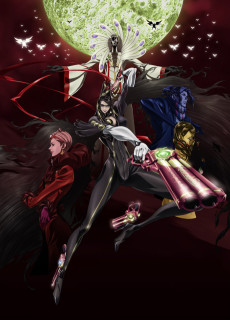 MOVIE ActionBAYONETTA Bloody Fate
MOVIE ActionBAYONETTA Bloody Fate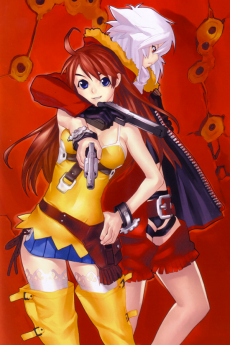 ANIME AdventureBakuretsu Tenshi
ANIME AdventureBakuretsu Tenshi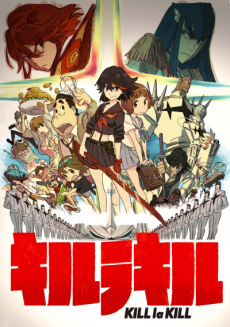 ANIME ActionKill la Kill
ANIME ActionKill la Kill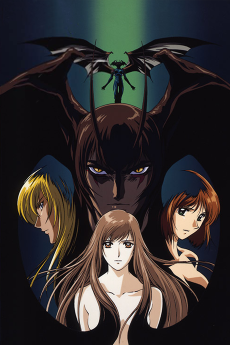 ANIME ActionDevilman Lady
ANIME ActionDevilman Lady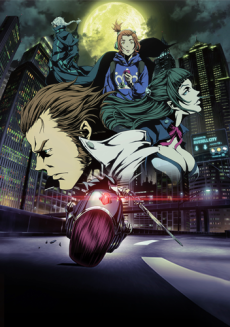 ANIME ActionGARO -VANISHING LINE-
ANIME ActionGARO -VANISHING LINE-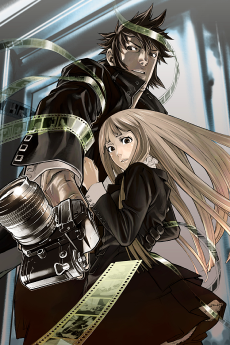 ANIME ActionSpeed Grapher
ANIME ActionSpeed Grapher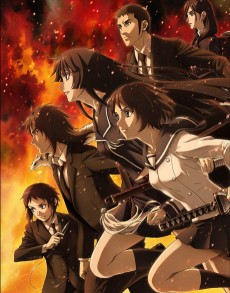 ANIME ActionGa-Rei-Zero
ANIME ActionGa-Rei-Zero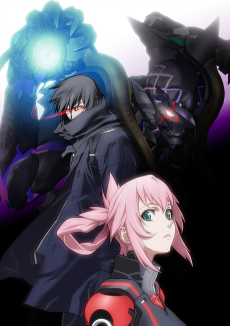 ANIME ActionBlassreiter
ANIME ActionBlassreiter
SCORE
- (3.4/5)
TRAILER
MORE INFO
Ended inSeptember 21, 2006
Main Studio GONZO
Favorited by 195 Users

